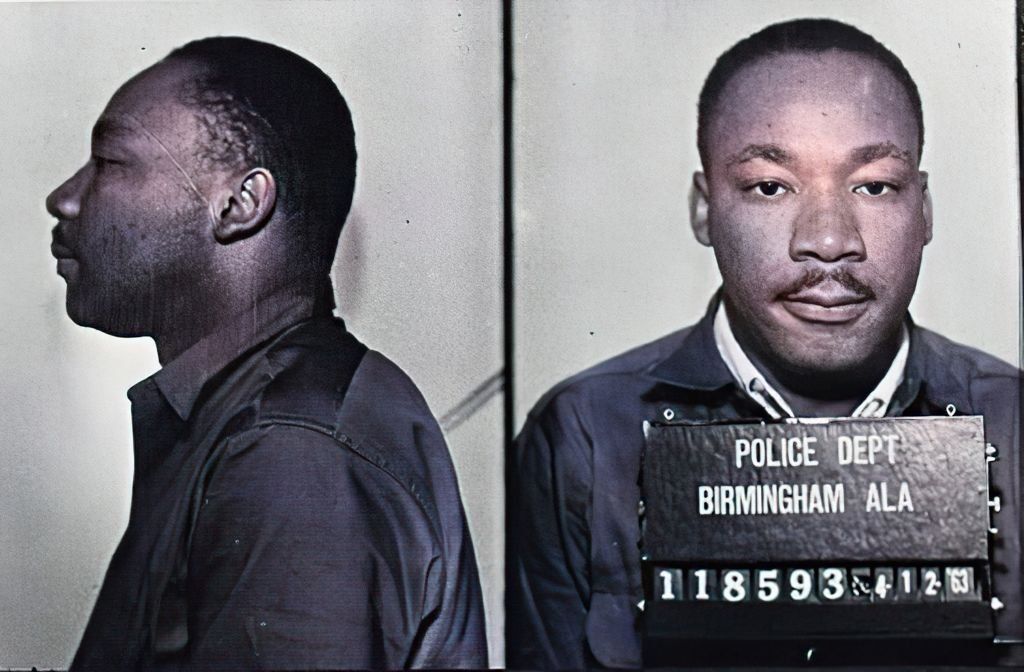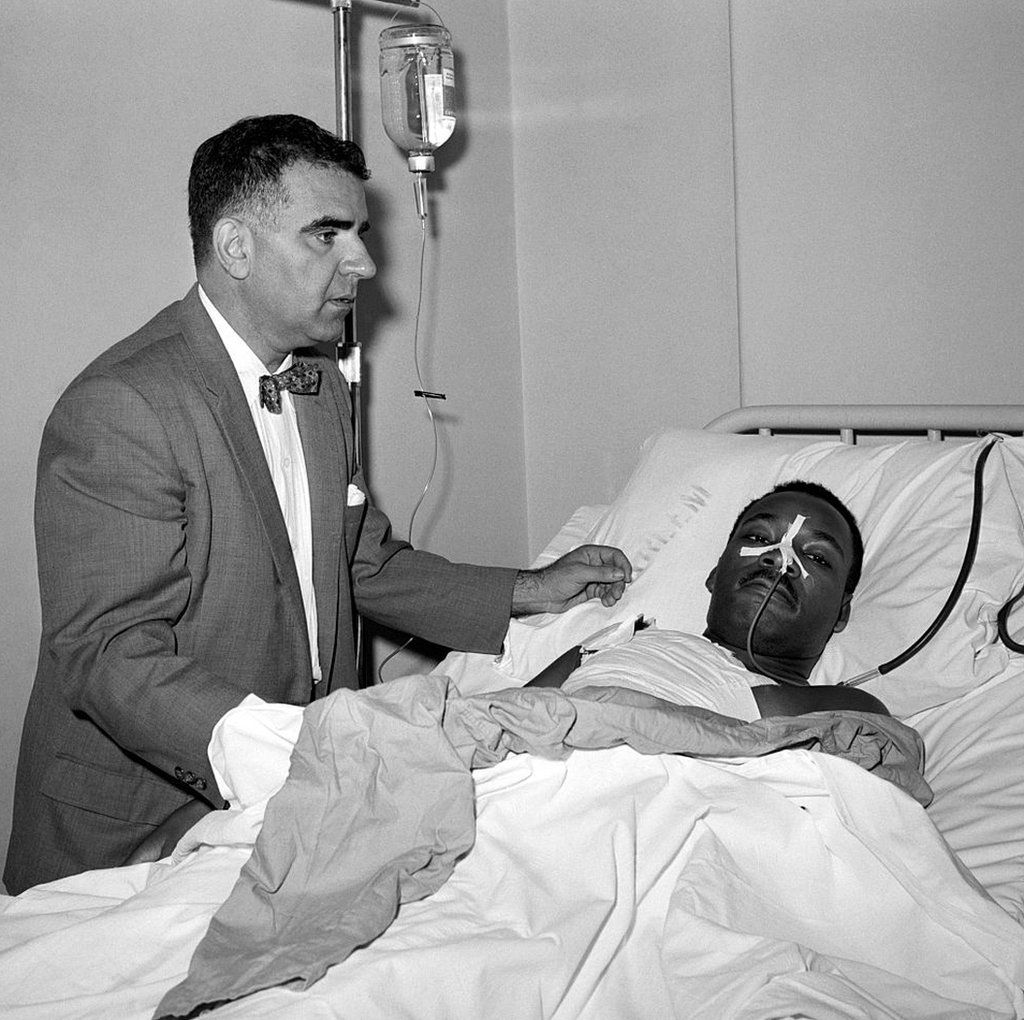
This article is more than
3 year old
Here are 10 little-known facts about the life and legacy of Dr Martin Luther King, Jr.
Halfway through his speech at the 1963 , gospel singer Mahalia Jackson shouted, "Tell them about the dream, Martin!"
The call-out prompted King to pivot to a previous sermon he'd delivered, where he described a version of the American Dream that was equal and accessible to all citizens.
"I have a dream that my four little children will one day live in a nation where they will not be judged by the colour of their skin, but by the content of their character. I have a dream today," Dr King said.
The iconic moment would later become known as the "I have a dream" speech. And there is still work to be done to truly live up to Dr King's dream of equality, said Lerone Martin.
His dream of equality is quintessentially American, said Lerone Martin, director of the Martin Luther King Jr Research and Education Institute at Stanford University.
"Despite all the disparagement he endured, King did a wonderful job of constantly trying to show how his efforts were in line with American ideals."
When born on 15 January 1929, he was named after his father, Michael King. But six years later, King's father visited Germany and learned about Martin Luther, the leader of the Protestant reformation.
He was said to have been so inspired that he returned home and officially changed both his and his eldest son's names to Martin Luther King.
In 1944, Martin Luther King, Jr was admitted to Morehouse College at the age of 15. Generations of the King family had graduated from the prestigious all-male historically black college in Atlanta, Georgia.
According to the King Institute, the future civil rights leader was said to have been an "ordinary" student, but his time at Morehouse was instrumental in awakening his passion for social and political equality and inspired him to become a preacher.

In his 13 years as a civil rights leader, King was arrested 30 times, largely for misdemeanours and civil protest violations, according to the King Center. Though he was often a target of law enforcement, King did not relish being imprisoned.
He was arrested in October 1960 after a sit-in at a department store in Atlanta and was held in Georgia State Prison. He wrote to his wife, Coretta, from jail saying that he hoped the "excessive suffering that is now coming to our family will in some little way serve to make Atlanta a better city, Georgia a better state, and America a better country".
According to the King Center, King wrote five books over the course of his lifetime and published numerous collections of his letters and sermons.
His 1964 book, Why We Can't Wait, recounted the events that led to the landmark Birmingham, Alabama, campaign to end segregation.
Nichelle Nichols, better known as the original Lt Nyota Ohura in Star Trek, was once introduced to someone claiming to be "her biggest fan" - Dr Martin Luther King, Jr. Nichols had resigned from her ground-breaking role on Star Trek days before they met at an awards ceremony. But when she informed King she planned to leave the show, she told the Television Academy Foundation, King was adamant that she could not abandon the iconic role.
"He said, 'For the first time on television we will be seen as we should be seen every day, as intelligent, quality, beautiful people… who can go into space,'" Nichols recalled. "I just stood there realising every word he was saying was the truth. At that moment, the world tilted for me." She would continue in the role for years.
In September 1958, King was approached by a mentally ill woman as he signed copies of his latest book, Stride Toward Freedom, in Harlem. The woman verified that he was indeed King before stabbing him with a seven-inch blade.
At the time, doctors said he was "a sneeze away from death", because the knife was so close to his aorta, according to the King Institute. After learning the woman was mentally ill, King said: "I bear no bitterness toward her" and instead called for her to receive treatment.

On 30 June 1974, six years after King's assassination, a 23-year-old man shot and killed King's mother, Alberta Williams King, while she was playing the organ during a service at Ebenezer Baptist Church.
The shooter was found guilty and sentenced to death, but was later re-resentenced to life in prison in part because of the King family's opposition to the death penalty.
In an interview with Gayle King that recently went viral, actress Julia Roberts confirmed a little-known fact about the day she was born.
"The King family paid for my hospital bills," she said, adding that the Roberts and King families became close because her parents welcomed King's children into their Atlanta acting school.
Later, when Julia was born and her family couldn't afford the hospital bills, King and his wife, Coretta, "helped us out of a jam".
Dr King was only 39 years old when he was assassinated on 4 April 1968. He spent less than 13 years in the public eye campaigning for civil rights and racial equality.
But according to the King Center, in that short amount of time he was able to bring more progress towards racial equality in the United States than the previous 350 years.